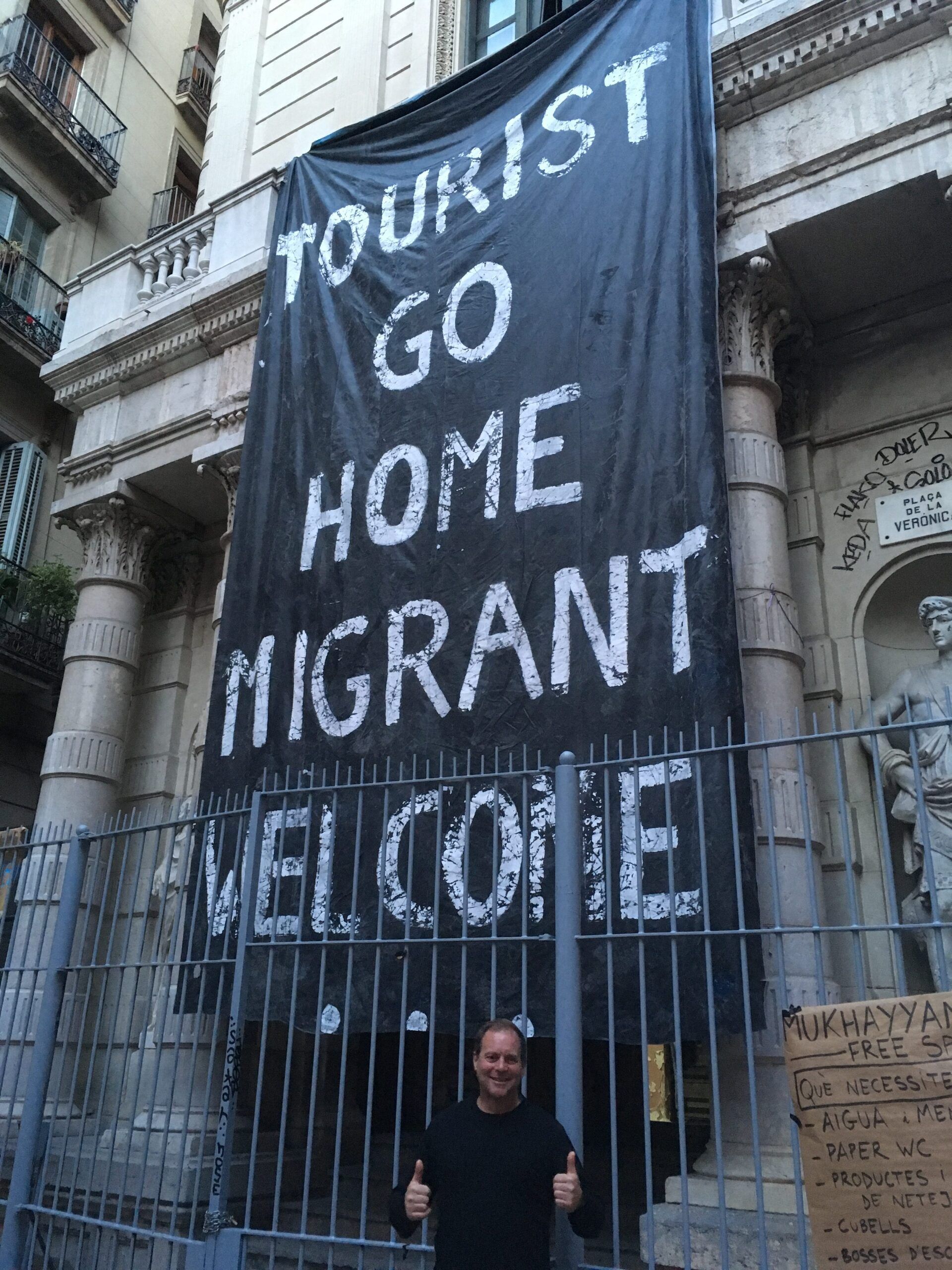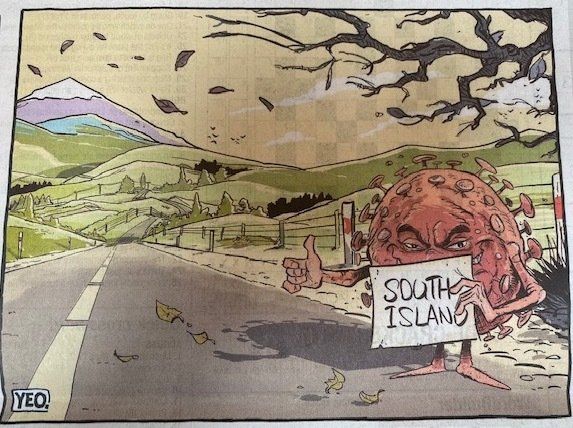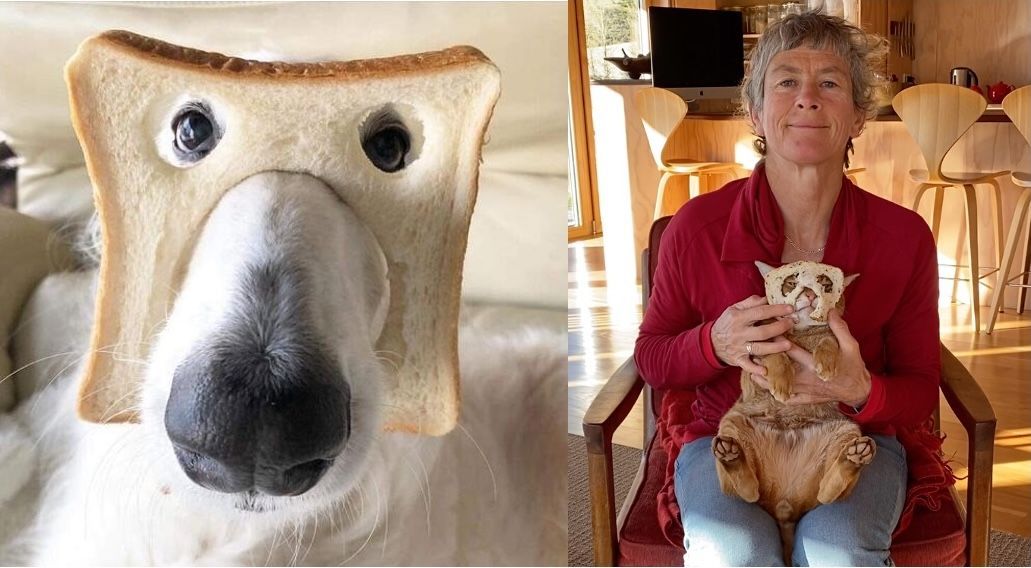Migrant misery

We have been watching a TVNZ mini-series called The Panthers , which brings up unpleasant parallels with New Zealand’s COVID immigration situation. The Panthers were a group formed in 1971 to stand up for the rights of Pacific Islanders and Māori. They raised consciousness and supported community wellbeing in response to significant racial discrimination, prejudice and social inequality. The New Zealand Panthers was inspired in part by the Black Panther Party in the USA.
During 1970-1975, around 110,000 migrants migrated to New Zealand, many of these were Pacific Islanders. In New Zealand, many Pacific Islanders came as migrants during the 1960s and 1970s to undertake low paid and unskilled roles that New Zealander’s didn’t want to do. The drawcards for Pasifika were job opportunities, with significant income and – particularly -education for their children. Pacific Islanders established communities in central Auckland suburbs, such as Ponsonby, Grey Lynn and Herne Bay. By 1976 there were around 65,000 Pasifika in New Zealand, 2.1% of the population, with many in Auckland.
The early 1970s were not a good time for the New Zealand economy. In 1973, the United Kingdom joined the European Economic Community , severely impacting New Zealand’s export economy as the UK increased its local purchasing of primary produce and turned away from New Zealand as a traditional supplier of goods. Middle Eastern oil producers slashed production as they felt their revenues were insufficient; oil prices soared from USD3 to USD20 a barrel, October 1973-March 1974. The increased cost of fuel drove inflation in prices. Primary production had also negatively impacted by El Nino climate events in 1972 and 1973. Unemployment rose in tandem with inflation and interest rates and people looked for culprits. Inflation meant that the buying power of wages, for those still in employment, declined.
Migrant communities are always an easy target – you look for the ‘other’ as the cause of your collective problems. Pasifika were specifically an easy target – they were taking jobs from ‘real’ New Zealanders, where shortly before they had been ‘essential workers’. A 1968 amendment to the 1964 Immigration Act allowed for the deportation of people who had overstayed their work permits. Section 33(a) of the Act gave police the power to ask people to produce not only a valid passport, but also a permit to enter and remain temporarily in New Zealand, as well as other evidence of identity. In 1974, the Norman Kirk-led Labour government used this Act to focus on Samoans and Tongans, who did not have free entry to New Zealand, unlike Niueans, Tokelauans and Cook Islanders, whose territories were (and still are) part of the Realm of New Zealand. Police started raiding houses, targeting Pasifika who comprised only a third of overstayers, but 86 per cent of all prosecutions for overstaying. People from the United States and Britain who also made up almost a third of those overstaying represented just 5 per cent of prosecutions.
Norman Kirk died and Muldoon swept into power in 1975. In the election campaign, the National Party drew on racist stereotypes and stoked fears about immigration in order to win power. National set an immigration target of 5,000 p.a. (down from 30,000) as a carrot for voters. Under the National Government, Commissioner of Police Ken Burnside ordered Auckland-based Superintendent A.K. Berriman to set up special squads in Christchurch, Wellington and Auckland to carry out raids for illegal immigrants in 1976. Police powers were broad. Random checks were carried out at any time of the day or night. The Dawn Raids, waking people in the middle of the night to demand their documentation and removing them if they didn’t produce appropriate papers, were horrendous. However, the harassment was far broader than the Dawn Raids. Those targeted included drinkers in pubs, passengers at taxi ranks, pedestrians on Auckland streets, workers in factories, New Zealand-born Polynesians, university students, and Māori.
Thankfully, opposition to and condemnation of the raids grew, and the legality of the acts was challenged. Supposedly, even Muldoon realised they had gone too far. The raids became as untenable as they were ineffectual – the New Zealand economy continued to decline despite the deportation of illegal Pacific immigrants. In 1977 the Immigration Department changed its procedures for handling overstayers so these events would never be repeated.
In August this year Jacinda Ardern, as Prime Minister, formally apologised for the Dawn Raids. She stated, ‘The Dawn Raids period cast a shadow over our shared history. Upholding immigration laws is one thing, but the Dawn Raids went well beyond that.’
I taxed my own memory to see what I could remember of my opinions of the Dawn Raids as a 10 year old at the time. I can’t say that I have very detailed memories, all I can remember is thinking that if people weren’t legally allowed in New Zealand it made sense if they had to go home. I don’t remember having any empathy in regard to the method in which people were removed. My parents were definitely left wing, so I can only assume that my thoughts were largely influenced by the media of the time. I am certainly not particularly proud of them.
The apology has been made, our culture and communities are substantially different from those of the 1970s. We have moved on a long way, right? I am not quite so sure – how proud can we be of our treatment of migrants over COVID times?
The government has finally acted, this week, to happily announce 165,000 permanent residency visas that will be made available for migrants (and their families). The primary applicant must either:
- have been living in New Zealand for the last 3 years, or
- enter New Zealand as a critical worker before 31 July 2022 for a 6 month work stint
They must also meet one of the following:
- earn above the median wage;
- work in a role on the Long Term Skill Shortage List;
- hold occupational registration and work in health/education,
- work in personal care/critical health/specified role in the primary industries.
These visas will be granted within a year – a year? They will take a year to process? That is quite a long time in someone’s life in terms of needing certainty about income, where to live, where to educate children… And it isn’t just a year we are talking about. Our government suspended processing of residence visas in August last year. Supposedly this was because very high thresholds were in place for entry to New Zealand, which anyone who was not a resident or citizen couldn’t meet. However, what about all the migrants already in New Zealand?
There were thousands of people in this category in the Queenstown Lakes District, effectively left out in the visa cold, unemployed as businesses closed down, unable to return to their own countries or very afraid to where their countries had substantial COVID-19 infections. Many migrants worked for multiple years in New Zealand businesses, hoping to eventually get residency, but turned down repeatedly; it was convenient for our country to have them here while we needed them to work for minimum wage. These migrants came to New Zealand based on us begging for people to fill jobs that New Zealanders were not filling. This seems not so unlike what happened in the 1970s. And when we no longer needed the migrants in COVID-times we were quite happy to desert them.
We have woken up to the need for workers again in the last small number of months, as the primary sector clamours for workers and low paid jobs all over the country are unfilled. The 2020 fears of huge unemployment resulting from COVID-related economic trouble have already dissipated. We also desperately need more health workers, particularly in the face of the COVID infections that will inevitably result when we open our borders.
When I was a child and my parents suggested I should apologise for something I did wrong, if I didn’t believe it was wrong I refused to apologise. To me, it was false to apologise for something I wasn’t sorry for. Does our country really feel sorry for our behaviours in the 1970s? Or do we think we should look sorry, while we are doing the same things all over again?






